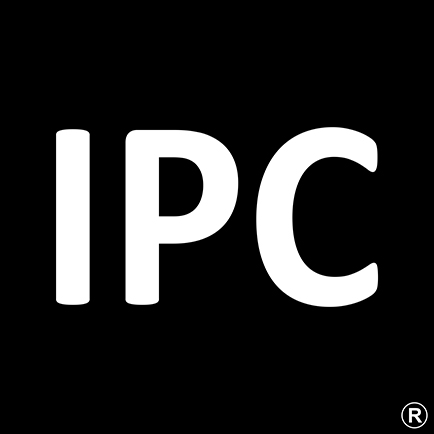PVC compounds are arguably one of the most versatile polymers to emerge in recent times. PVC material evolved to the extent that we can manufacture thousands of daily-use items with them. Because of this familiarity with the material, hundreds of myths and misconceptions have developed over the years. While a few of them are harmless, many of them contribute to damaging misinformation about the industry. We, a PVC compound manufacturer, want our customers to be adequately informed, so we decided to focus this blog on busting the top three myths about PVC.
Protect Yourself From Being Misinformed by Cross Checking What You Read
In the age of the Internet, there’s information available about any and all things at your fingertips, at any given time. This is both convenient and dangerous. The latter, because anyone can share their ill-conceived ideas and punt them as facts.
If you get your hands on this type of content, you’re vulnerable to being misinformed. The best thing to do is to find an authoritative, expert voice that you can cross-reference with, such as our website. Go as far as asking questions too; you’ve got nothing to lose.
PVC Myth #1 – It Can’t Withstand Cold (Or Hot) Conditions
The truth is, PVC products do react to heat and cold differently, but not in the way that most people think. It won’t immediately crack in cold applications or melt in hot ones. When manufactured with the correct additives and stabilisers, PVC can stay intact in both high and low temperatures.
PVC Myth #2 – It’s Worse for the Environment Than Other Materials
In the past, PVC has been wrongly linked to the presence of toxic dioxin particles in the air. However, according to Dabid Brussard (2013) studies show that there are fewer dioxin particles in the air over the last thirty-odd years, even though the industry is producing more PVC every year. This proves that it’s not the primary source. Additionally, PVC is recyclable, which makes it a sustainable material. Look out for companies that are linked with associations such as SAVA – these are responsible companies
PVC Myth #3 – It Adds on to the Plastic Waste That’s Already Accrued Globally
Because of the fact that it can be recycled, PVC is not a major contributor to plastic waste. In fact, it can be used in various ways, over multiple decades if it’s well managed. PVC is usually not a single-use plastic which means the waste is not as common as other types of plastic.
Chat to the Experts to Learn Everything You Need to Know
At IPC, we believe in openly sharing information that helps our customers make the best decisions. If you have anything you need to be cleared up before you buy PVC pellets, don’t hesitate to give us a call. There’ll be an expert PVC compound manufacturer on the other end of the line, waiting to help you out.


